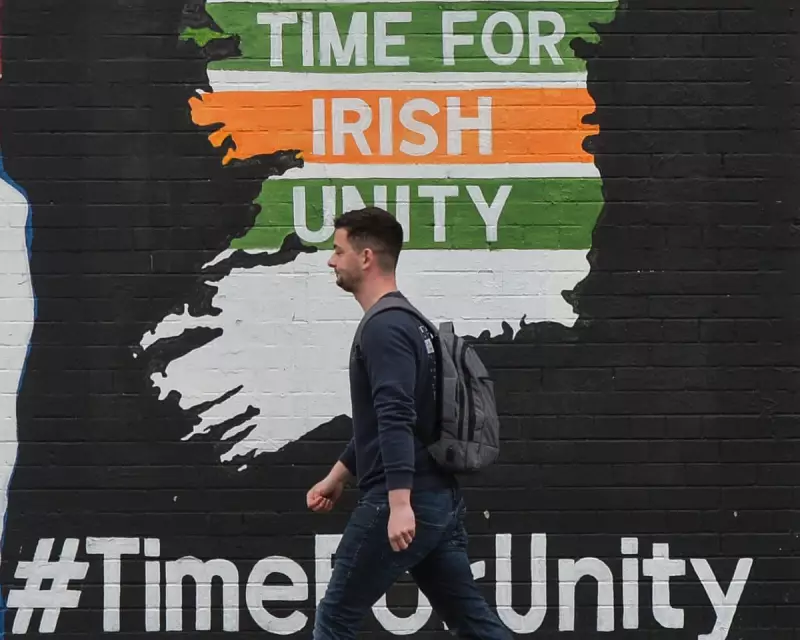
Two prominent journalists from either side of the Irish border have issued a stark warning: the British and Irish political classes are dangerously unprepared for a potential referendum on a united Ireland, risking a repeat of the chaos that followed the Brexit vote.
The Ghost of Brexit Haunts Irish Unity Debate
Fintan O’Toole, a columnist for the Irish Times, and Sam McBride, Northern Ireland editor of the Belfast Telegraph, have collaborated on a new book analysing the prospects of Northern Ireland leaving the United Kingdom. Their central conclusion is that a decade after the UK "sleepwalked" into the Brexit referendum, the same could happen with a vote on Irish unity, with convulsions for which no one is ready.
"The lesson of Brexit hasn’t been learned, which is that stuff can come out of the blue and can gather momentum very quickly," O’Toole stated this week. He expressed concern that "the political architecture of our archipelago remains very unstable."
A Call for Substance Over Slogans
The pair have detailed their analysis in a book titled For and Against a United Ireland, published by the Dublin-based Royal Irish Academy. Their work, part of the ARINS project (Analysing and Researching Ireland, North and South), aims to stir a much-needed substantive debate on the issue.
"What haunts everybody, or should haunt everybody, is the Brexit referendum of 2016," said O’Toole. He emphasised the need to avoid another "vague, thumbs up-thumbs down" vote whose consequences are not spelled out, which can lead to an extraordinarily divided society.
McBride echoed this, noting that while political rhetoric for and against unification is plentiful, serious thinking has been scarce. "A lot has gone on in academia but very few politicians or activists want to engage even with the basics," he said, posing critical questions like what kind of state a united Ireland would be—unitary or federal.
The Mechanics and Stakes of a Future Vote
Under the terms of the Good Friday Agreement, the Northern Ireland Secretary of State is obliged to call a border poll if it appears likely a majority would vote for a united Ireland. While Sinn Féin and other nationalists argue that moment is approaching, both governments and unionists play down the prospect, leaving the timing of any potential referendum unclear.
In their book, neither author endorses unification or the status quo. Instead, they each write essays striving for impartiality, marshalling economic and social statistics, historical precedents, and constitutional models. Their arguments cover a wide range of critical issues:
- Flags and national symbols
- Taxation and health services
- Pensions and national debt responsibilities
- The risk of loyalist violence
The goal is to inform and provoke genuine discussion. "There’s huge interest in the subject but there hasn’t quite been a debate," O’Toole remarked, defining debate as an acceptance that there might be good arguments on both sides.
O’Toole also pointed out that the Irish government needs to define its offer beyond simple declarations, especially as polls in the Republic show voters favour unification but reject associated costs like higher taxes or a new flag.
McBride believes a referendum in his lifetime is likely and could be triggered abruptly by a "mad or a bad or a feckless secretary of state." He stressed that both nationalists and unionists have credible, legitimate arguments, and that each side has something to learn from the other.
Finally, O’Toole issued a direct call to Westminster, stating, "This is about your state. It’s a British question as much as it is an Irish question," urging the UK government to join the crucial debate.





